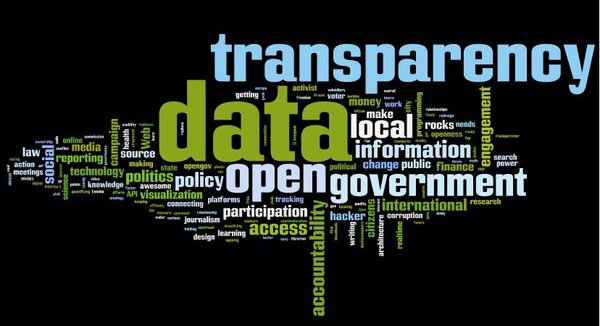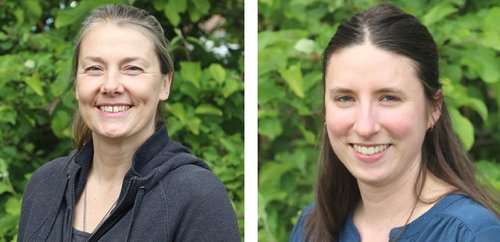Interview: Johanna Pfalz | Ekaterina Daviel
- Karen Godbout
- Jan. 15, 2019

Open Data Interview: Part Three
Johanna Pfalz | Ekaterina Daviel
Skeena Knowledge Trust
Smithers, BC
We discussed Open Data at the Skeena Knowledge Trust with Johanna Pfalz and Ekaterina Daviel. Below are the highlights from our conversation.

Q: What is your interest and experience in open data?
A: We became interested in open data and open data portals with the establishment of the Skeena Knowledge Trust. A need for improved data sharing among varied organizations and preservation of historical data which was being lost due to government downsizing was identified, and the Skeena Knowledge Trust was established to meet that need. At the time we were looking at creating an open data portal, there were not nearly as many other open data portals around, so it has been encouraging to see how other data portals are tackling common challenges. We have developed some in-house data standards, a rigorous prioritization process, and are currently working on putting together guidance on licensing for our users.
Q: What level of interest or feedback have you received in your work regarding open data?
A: To date we have been focusing our efforts on populating the two portals the Skeena Knowledge Trust has developed -- the Skeena Salmon Data Centre and the Skeena Maps Portal
-- and connecting with individuals and organizations who are working
specifically with salmon or in related fields (e.g. water quality,
hydrology, land use). We have had an encouraging level of interest so
far with some valuable feedback, and hope to improve the reach and
awareness of the Skeena Knowledge Trust with workshops this year. The
majority of our requests have been for historical salmon population
datasets, and mapping products showing current and proposed projects
within the Skeena Watershed.
Q:
Do
you collaborate with any agency or company on open data policy or
practice? Would
you participate in a BC Rural Open Data Network to share best
practices and develop standards?
A: We are not currently collaborating with other agencies on open data policy or practice, although we have occasionally been solicited for advice on specific questions. We would be interested in participating in a BC Rural Open Data Network.
Q. What challenges and opportunities do you perceive in the further development of municipal open data?
A. We cannot speak specifically to municipal open data, but challenges we have encountered from a community data portal perspective include establishing data ownership and access, ensuring appropriate metadata is included with submissions to allow other users to make sense of the data, and ensuring users have the appropriate tools to be able to navigate the data portals with confidence. Opportunities include improved awareness of previous/ongoing information collection and collaboration among organizations working on similar projects, especially with groups that have high staff turnover or limited capacity for information management.
Q. Is there anything else you would like to add?
A. Open data implementation has great potential for improving access to information and services, but should also be approached with caution especially around datasets which may have confidential or personal components.